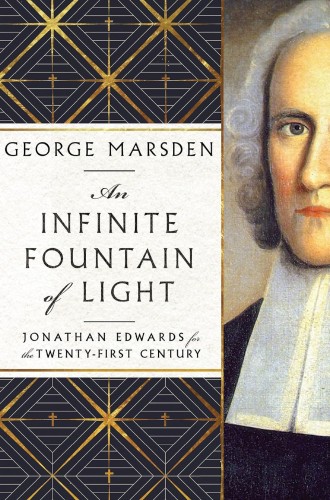Edwards for all of us
George Marsden’s new book returns to the old project of making Jonathan Edwards modern.
The modern revival of interest in the Puritan pastor-philosopher Jonathan Edwards began with historian Perry Miller’s 1949 biography. In Miller’s telling, Edwards was a solitary genius in the wilderness. While still a teenager, he was the only American to read and comprehend the revolutionary insights of John Locke and Isaac Newton. Edwards’s understanding of human psychology was so ahead of its time that, Miller claimed, “it would have taken him about an hour’s reading in William James, and two hours in Freud, to catch up completely.”
Miller believed that Edwards represented the antithesis of an American tradition best typified by his contemporary Benjamin Franklin. Where Franklin represented the optimism, rationalism, and commercialism of American modernity, Miller reclaimed Edwards as a prophet of a starker modernism, more aware of evil and devoted to deeper spiritual values than those of the marketplace.
George Marsden is perhaps the foremost student of Edwards since Miller. His 2003 Bancroft Prize–winning Jonathan Edwards: A Life stood at the crest of several generations of scholarship that systematically overturned many of Miller’s conclusions. Where Miller had seen Edwards as a herald of 20th-century modernity, Marsden and these other scholars saw him as a man of his day. Edwards was not, it turned out, the only American student of Locke; anyway, his thought more closely resembled that of Cartesian rationalists such as Nicolas Malebranche. He was a passionate student of the Bible and especially biblical prophecy. Marsden’s biography brilliantly synthesizes these novel insights and paints a compelling portrait of Edwards as an American Augustine.






